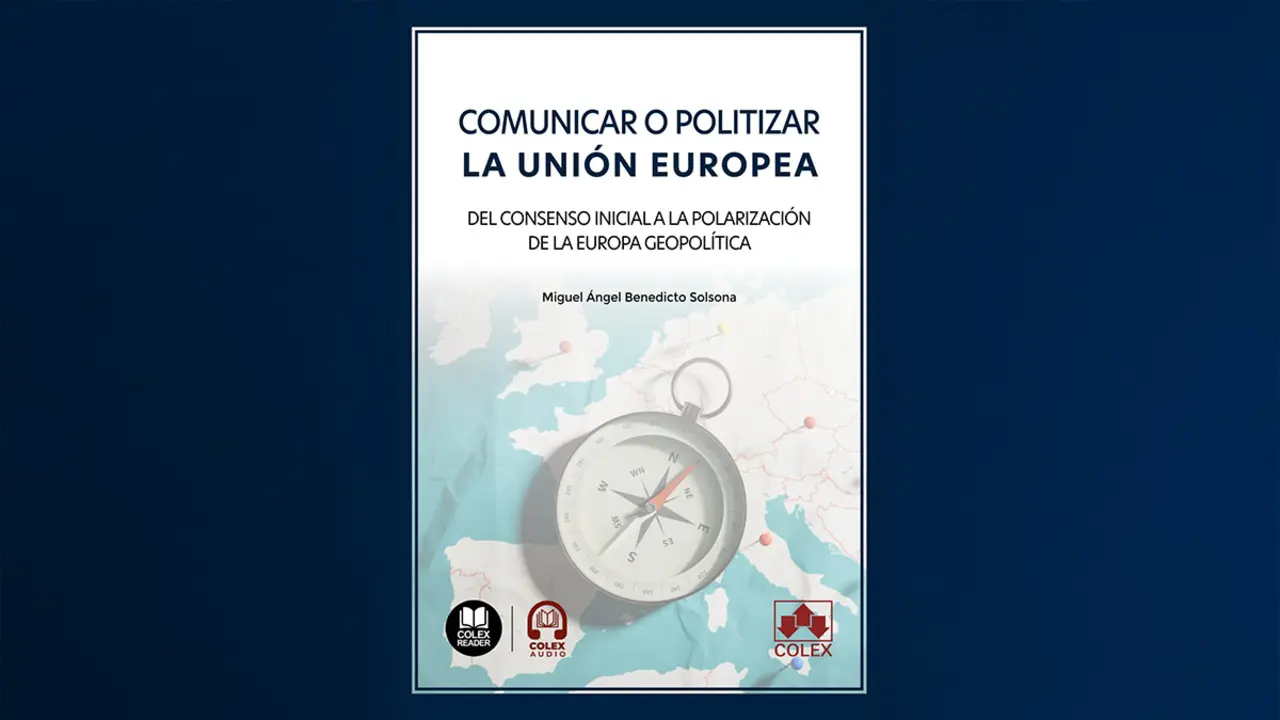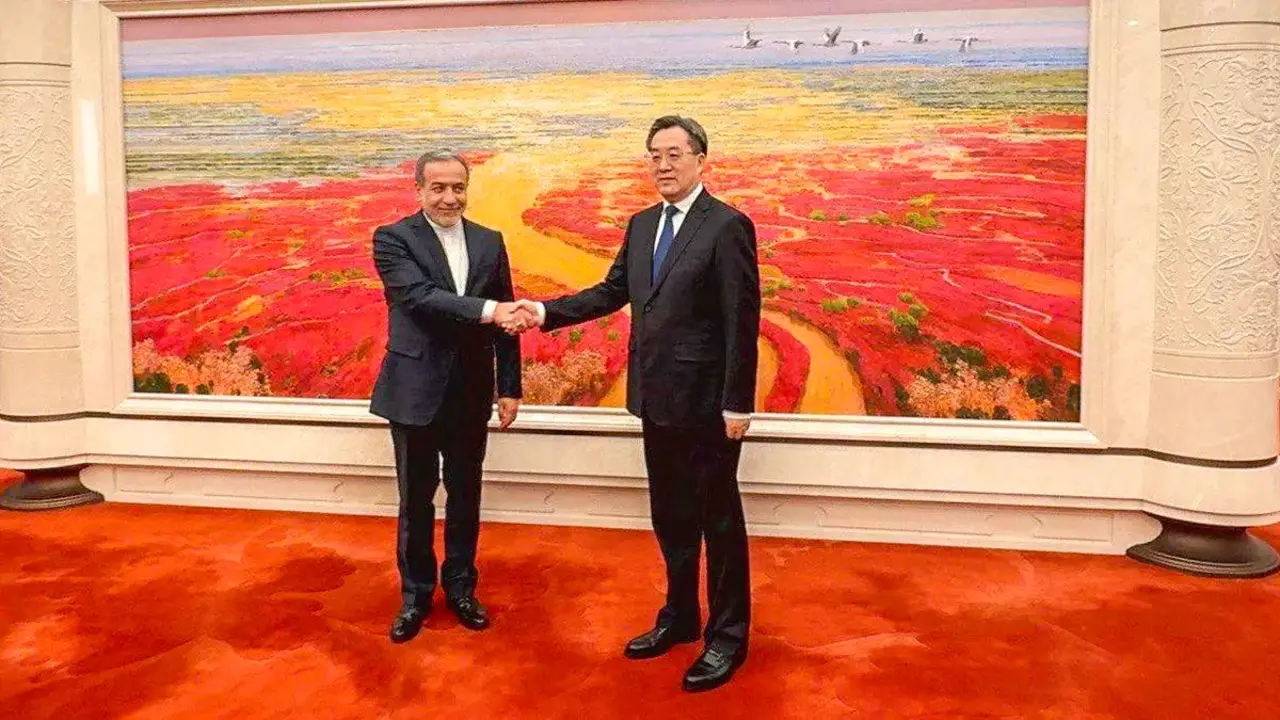International community silent on escalating violence between Israel and Hamas

The escalation of violence between Hamas and Israel has already left at least 198 people dead, including 58 children, 34 women and 1235 wounded, according to the Palestinian Ministry of Health. Israel has 10 dead and at least 270 wounded. Since the offensive began just over a week ago, Hamas has launched more than 3,000 rockets towards Israel, and the Israeli army has responded with all its artillery against the Gaza Strip.
Faced with this situation, which has no end in sight, the UN Security Council met for the third time to try to issue a joint statement, but once again it was impossible to reach a consensus between the different countries that make up the Council. The representatives of the parties involved in the conflict engaged in an exchange of accusations, which only made the irreconcilable positions of the two even clearer.
Palestinian Foreign Minister Riyad Al Malki urged the international community to condemn what he saw as "aggression" by the Israeli authorities. "How many Palestinian civilians killed does it take for a condemnation?" the Palestinian foreign minister criticised, an accusation in clear reference to the United States, which has already twice vetoed a statement condemning the violence and calling for an end to the fighting.

For its part, the US has stated that these resolutions could affect the diplomatic processes that are taking place in parallel. US Ambassador to the UN Linda Thomas-Greenfield said during the Security Council meeting that "the United States has been working tirelessly through diplomatic channels to try to bring an end to this conflict".
The US has once again taken the lead, and together with Egypt and Qatar, has engaged in diplomatic contacts with the leaders of both Israel and Palestine and the occupied territories. The US decided to send a special envoy to the region, Hady Amor, who has already met with Israeli Defence Minister Benny Gantz, although the content of the meeting was not made public. President Joe Biden has also been in contact with Israeli Prime Minister Benjamin Netanyahu and Palestinian President Mahmoud Abbas. Even so, the US has no channel of communication with Hamas, which has ruled de facto in the Gaza Strip since 2007, as it is considered a terrorist group, making ceasefire negotiations between the two sides difficult.
The Israeli ambassador to the UN, Gilad Erdan, accused Hamas of creating this atmosphere of tension and provoking the outbreak of the conflict in order to remain in power following the announcement by the president of the Palestinian Authority (PA), Mahmoud Abbas, to postpone elections after 15 years without holding elections. Erdan also welcomed the support of the US and other countries that "support Israel's right to defend its citizens from this terror" and that the Israeli army's actions are "precision strikes against military targets".

The Arab League has also taken a position on the escalating violence between Palestinians and Israelis and called on the Biden administration "to engage more actively, influentially and deeply in the Middle East peace process", Arab League UN envoy Maged Abdelfattah Abdelaziz told the Security Council.
Disagreements within the UN Security Council itself have again made it impossible to draft a joint statement. The Chinese delegation pointed to the United States as the main culprit for the Council not speaking "with one voice" on what is happening in the Middle East. UN Secretary-General Antonio Guterres said the UN is "actively engaging all parties to achieve an immediate ceasefire" and called on them "to allow mediation efforts to intensify and succeed."
As UN Security Council efforts to reach a ceasefire agreement continued, Israel's Prime Minister Benjamin Netanyahu announced that Israel's campaign in Hamas' Islamist-ruled Gaza was continuing at "full force". Yair Lapid, Netanyahu's main rival in the last elections and now in charge of forming a government in the face of the prime minister's inability to win the necessary seats, has accused the latter of provoking the escalation of tension in order to undermine the alliance between his party and that of Naftali Bennett.

Bennett, leader of the Yamina party, announced that he was abandoning the idea of creating a coalition government with Lapid, preferring to return to an alliance with the outgoing prime minister's Likud party. Bennet justified his position by arguing that "given the emergency situation in the mixed cities, a government of change could not take over. You have to act with force and send in the army, so many measures that cannot be taken when you depend on Mansour Abbas", referring to the leader of the Islamist Raam party, who would be part of the coalition government.
In the midst of the continuous diplomatic contacts, the different meetings of the UN Security Council and the multiple condemnations of the violence and calls for a cessation of hostilities that are repeated by different countries, the latest offensive on Gaza has claimed the lives of more than 40 people in an attack on several residential buildings located in the centre of the city. It is now a week since the start of the conflict, and the cessation of hostilities seems to be further away every day.








